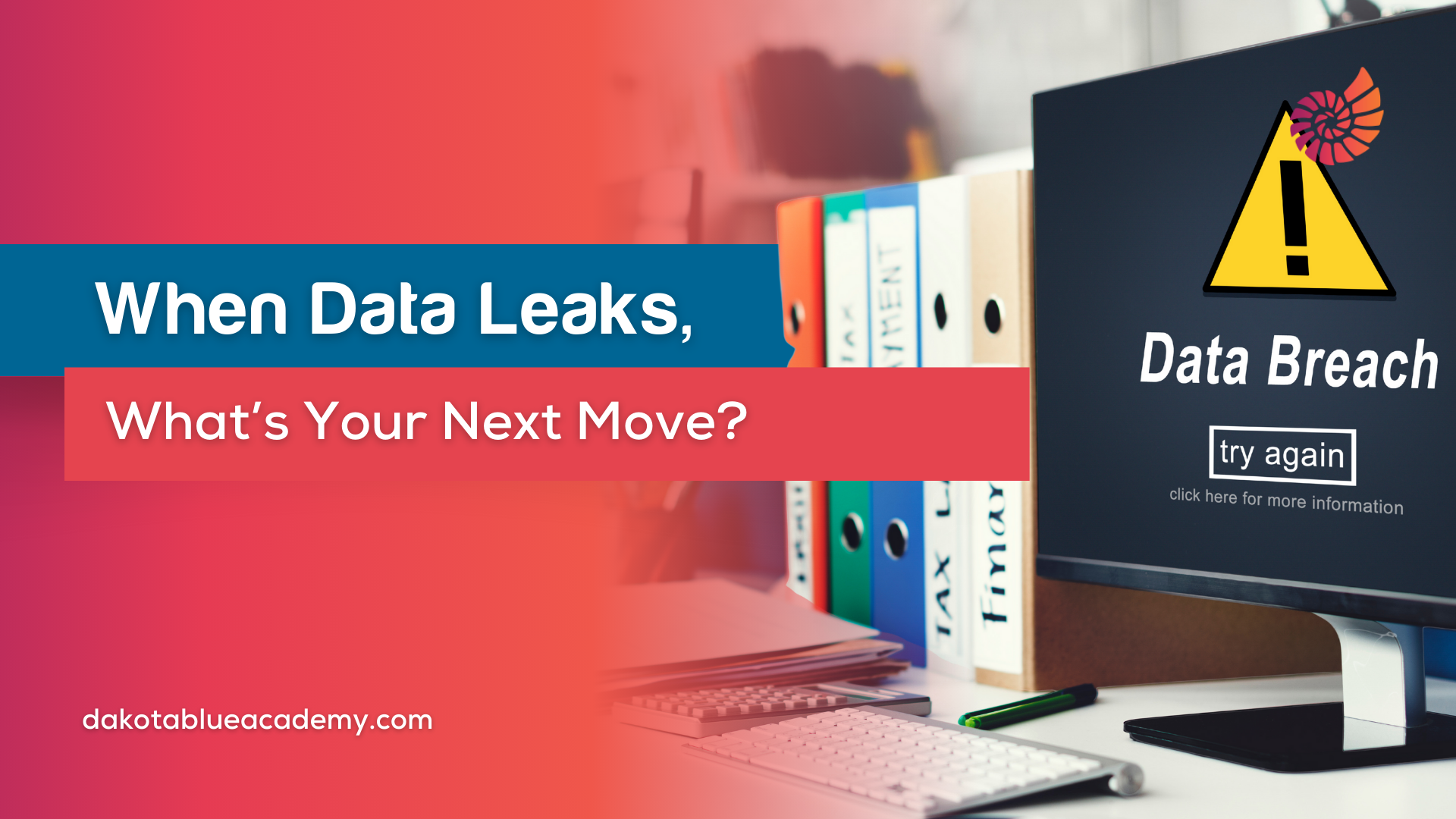
When Data Leaks, What’s Your Next Move?
25th April 2025
Data breaches can feel like a nightmare. One moment everything’s ticking along nicely, then boom, you discover personal data’s been exposed or sent somewhere it shouldn’t be.
If you’re a small business owner, this isn’t just a problem. It’s a legal issue.
Let’s talk about what to do when data leaks, how to spot the signs early, and why having a Data Breach Notification Policy in place can save you.
Why Data Breaches Are on the Rise
In today’s world, most of us are storing sensitive information digitally. That includes employee records, client information, payroll details, and much much more. And with remote work, shared drives, and quick email replies… mistakes happen. Fast.
Plus, cyber-attacks aren’t just targeting big companies anymore. Small businesses are just as vulnerable, and often less protected.
Common Causes of Data Leaks
Here are some of the top (and surprisingly simple) ways data gets out:
- Sending an email to the wrong person
- Misplacing a USB stick or laptop
- Using weak passwords
- Falling for a phishing scam
- Not deleting old files properly
Sound familiar?
How to Recognise a Breach
Some leaks are obvious like an email that went to the wrong John. Others are more subtle, like a login attempt from a strange location or a staff member accessing data they shouldn't.
Keep an eye out for:
- Unusual file downloads or access
- Complaints from staff or customers about data misuse
- Emails or alerts from your IT systems
- Devices that go missing or are stolen
- If something feels off, it probably is.
What To Do Immediately
Found something worrying? Don’t panic, but don’t ignore it either. Here’s what to do:
- Stop the breach if you can. Change passwords, revoke access, or disconnect devices.
- Record what happened. Keep notes on what was exposed, who was involved, how it was discovered.
- Inform your Data Protection Officer or person responsible. Even if you're a small business, someone needs to lead the response.
- Assess the risk. Ask if this could cause harm to an individual? If yes, you might need to notify the ICO (Information Commissioner’s Office).
- Communicate quickly and clearly. If personal data was affected, the law may require you to tell those affected.
Why You Need a Data Breach Notification Policy
In the heat of the moment, you don’t want to be scrambling for answers. A Data Breach Notification Policy is your ready-made guide. It helps your team:
- Know what counts as a breach
- Act fast and follow the right steps
- Stay compliant with UK GDPR rules
- Avoid fines and reputational damage
- Reassures staff and customers that you’re on top of it
Best of all? It gives you peace of mind. You’ve already thought it through.
Data leaks don’t always make headlines, but they can still cause real harm. And in today’s digital world, every small business needs a plan.
Don’t wait for a leak to happen before putting things in place.
Need a simple, legally-sound Data Breach Notification Policy you can rely on? We can help you. Explore our ready-to-use policy template in Dakota Blue Academy


